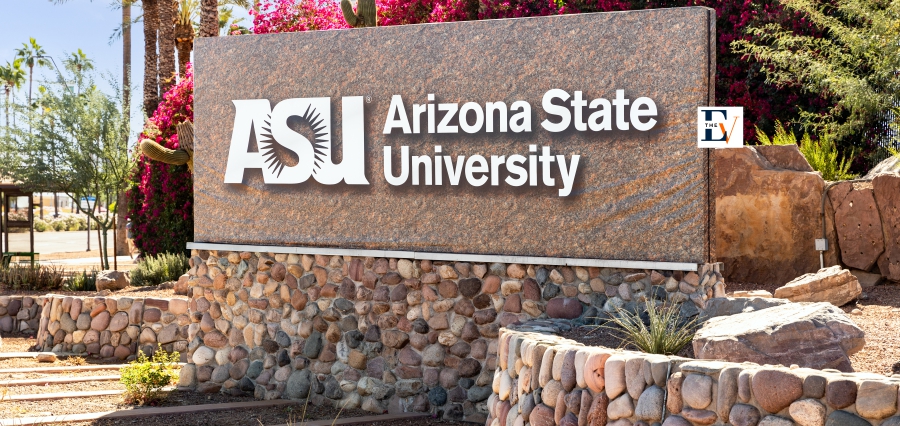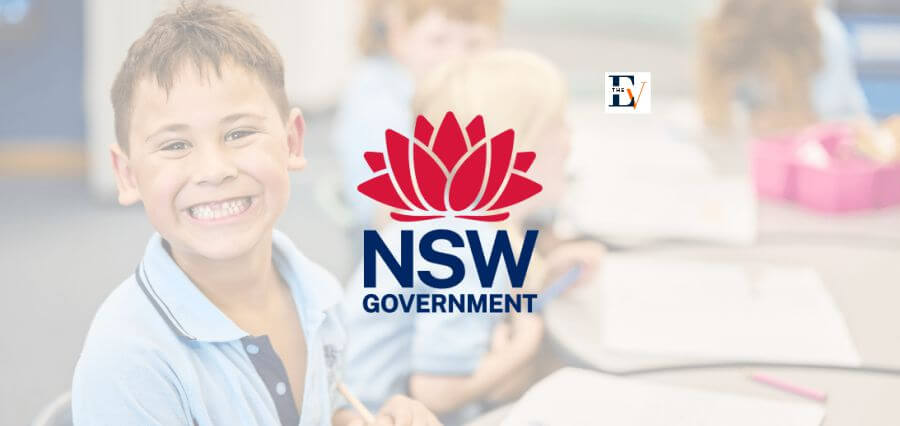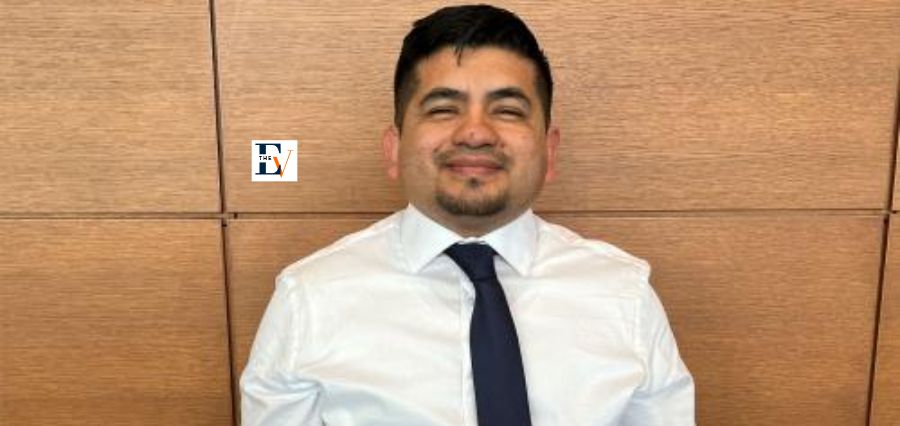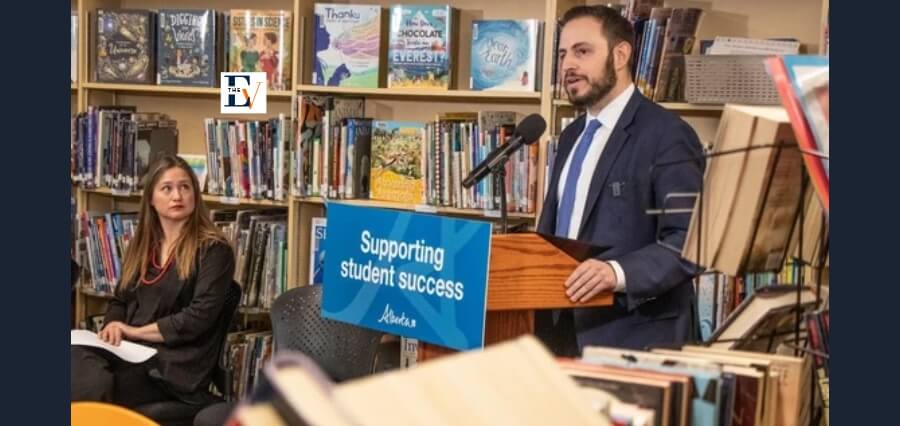Over 1,500 lesson plans are produced by an ASU project that promotes teacher professional development and collaborations in the classroom.
Arizona is quickly becoming as a major hub for high-tech manufacturing and industry worldwide. This mobilization creates a demand for stronger K–12 academic routes and an educated STEM workforce.
But far too frequently, schools struggle to find STEM-prepared teachers to fulfill the increasing need of helping children who are feeling overtaken by math and scientific subjects.
The $10 million Arizona STEM Acceleration Project is helping 900 K–12 STEM teachers around the state with their professional development in order to solve that issue. In addition to receiving materials for lesson preparation and taking part in a network learning hub, participating educators have created over 1,500 excellent STEM lesson plans that enhance student learning and are accessible to teachers worldwide through an online portal.
The program is a joint effort between Arizona State University’s Mary Lou Fulton Teachers College and the Center for Science and the Imagination. It is now looking for funding to expand.
The endeavor entails collaborations with numerous postsecondary educational establishments and STEM-oriented associations around the state. As the funding nears the end of its second year, the project leads are searching for methods to sustain the endeavor, which has benefited an estimated 90,000 pupils in the first year.
Ruth Wylie, one of the team leads, stated that the initiative is essential to the future of the state since it would impact the quantity of STEM graduates from Arizona’s colleges as well as the amount of citizens qualified to work in STEM professions.We believe there is room to grow these initiatives nationwide in order to support other states in bolstering their own STEM initiatives.
The American Rescue Funds for Arizona, which were allocated to fill in the learning gaps that children encountered during the COVID-19 pandemic, are the source of funding for the initiative. As long as there is a national and statewide need for high-quality STEM education, interest in the initiative will only grow.
Federal statistics shows that the national STEM workforce increased by 5.9 million, or 20%, from 29 million to 34.9 million between 2011 and 2021. The Raise the Bar: STEM Excellence for All Students project, which outlines federal policy, places a strong emphasis on encouraging students, especially those from diverse backgrounds, to pursue careers in STEM.
Additionally, STEM is becoming more and more significant for economies like Arizona’s, which is witnessing growth in a number of areas, including semiconductor and aerospace engineering.
Researchers at the Mary Lou Fulton Teachers College are investigating projects aimed at promoting greater inclusion in STEM fields at the K–12 level. This is part of the Center for Broadening Participation in STEM at ASU’s effort to expand STEM pathways while also making the profession more inclusive demographically.By assisting teachers in remote and underfunded schools with their professional development, the Arizona STEM Acceleration Project supports these initiatives.
“Collaborations have been crucial to achieving our project objectives,” stated Amanda Whitehurst, co-principal investigator. “We worked closely with other higher education organizations and STEM-focused groups to make sure that these professional development opportunities were accessible to educators throughout the state, so we could quickly scale this initiative.”
The group organized workshops for professional development in collaboration with colleagues from Grand Canyon University, Northern Arizona University, and the University of Arizona. The group also examined and approved the lesson plans that the teachers had created.Because of this, the project has already reached 317 schools in 114 districts in its first year alone. It has also given STEM fellows over $3 million in stipend payments so they can devote their time to developing lesson plans and attending workshops for professional development.
Furthermore, the project is expanding its partnerships with other entities, including the Arizona Department of Air Quality, the Maricopa County STEM Office, and the Arizona Parks Service. Teacher fellows are assisting these organizations in better incorporating STEM concepts into their youth lesson plans. Teachers get knowledge about local STEM career pathways that could result in opportunities for students in return.






